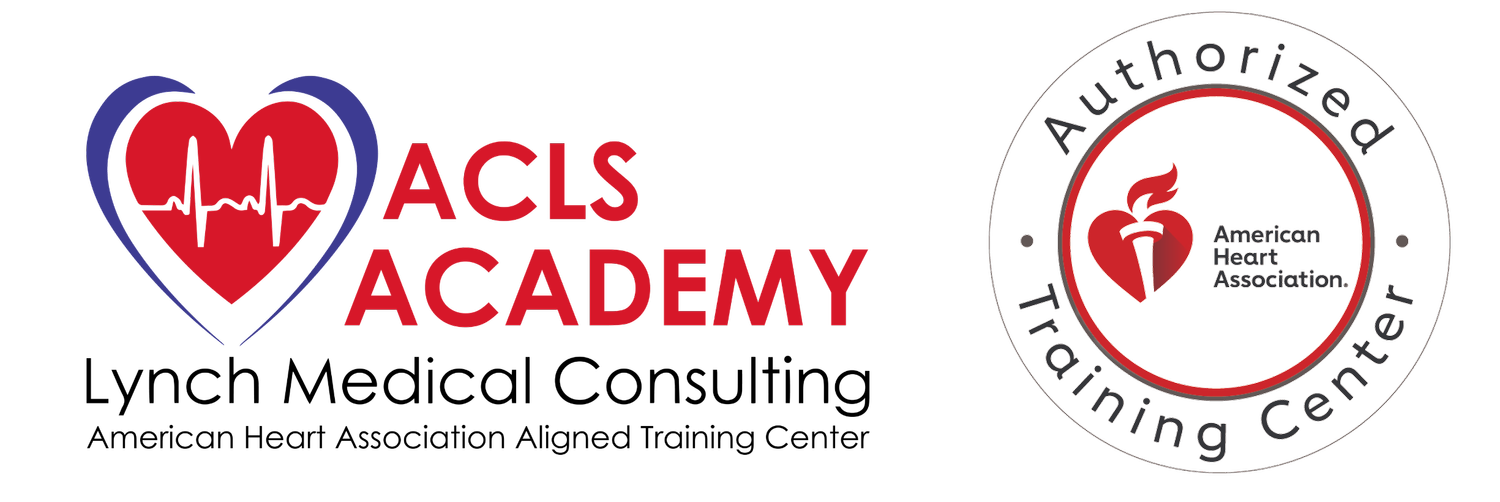The Commission on Accreditation for Prehospital Continuing Education (CAPCE) is an organization that sets the gold standard for continuing education in emergency medical services (EMS) and the fire service. CAPCE is responsible for accrediting educational programs that provide continuing education for EMS professionals and firefighters.
CAPCE ensures that the educational programs meet certain quality standards and are relevant to the needs of EMS and fire service providers. Accredited programs are evaluated based on their content, instructional design, and the qualifications of the instructors. CAPCE also monitors the programs to ensure they maintain their quality over time.
The Commission on Accreditation for Prehospital Continuing Education (CAPCE) was founded in 1992 under the vision and guidance of Janet Head, then President of the National Association of Emergency Medical Technicians (NAEMT). Janet recognized that not all EMS continuing education (CE) was of a level or quality that she would expect for practicing EMS providers. Thus, she sought support from the leadership of other EMS leadership organizations:
National Association of Emergency Medical Technicians (NAEMT)
National Association of EMS Educators (NAEMSE)
National Association of State EMS Directors (NASEMSD)
National Registry of Emergency Medical Technicians (NREMT)
These organizations created CAPCE to establish standards and ensure the quality of continuing education programs for EMS professionals.
CAPCE, by its charter, maintains the standards for delivering EMS CE. Those standards include requirements for active medical direction, valid post-tests, quality infrastructure, sound educational design including delivery methodology, marketing, fees, evaluation, student record keeping, and data reporting.
CAPCE accreditation exists so EMS professionals and firefighters can access high-quality, standard-driven continuing education activities and are awarded credit for participating. Over the years, CAPCE has grown in prominence and has become the recognized accrediting body for prehospital continuing education in the United States. CAPCE accreditation is recognized and respected nationwide, making it an important credential for individuals and organizations in the EMS and fire service fields.
CAPCE-accredited programs cover various topics relevant to EMS and fire service, including medical procedures, emergency response protocols, patient assessment, trauma care, disaster management, etc. These programs are designed to enhance the knowledge and skills of professionals in these fields, ensuring they are up to date with the latest advancements and best practices.
CAPCE accredits a variety of cardiac-related life-saving certifications for EMS professionals. Some of the certifications that fall under CAPCE accreditation include the following:
Basic Life Support (BLS): BLS certification focuses on basic life-saving techniques, including cardiopulmonary resuscitation (CPR) for adults, children, and infants. BLS certification is typically required for healthcare providers, including EMS professionals.
Advanced Cardiac Life Support (ACLS): ACLS certification is designed for healthcare professionals involved in managing cardiac emergencies. ACLS covers advanced techniques for cardiac resuscitation, including recognition and treatment of cardiac arrest, rhythm interpretation, and administration of advanced medications.
Pediatric Advanced Life Support (PALS): PALS certification is geared towards healthcare providers who care for critically ill or injured infants and children. PALS covers pediatric assessment, respiratory and cardiovascular emergency recognition, and appropriate interventions.
Advanced Medical Life Support (AMLS): AMLS certification is focused on providing prehospital professionals with the knowledge and skills needed to assess and manage medical emergencies. This certification emphasizes critical thinking and integrating advanced assessment techniques in medical emergencies, including cardiac conditions.
Prehospital Trauma Life Support (PHTLS): While PHTLS primarily focuses on trauma care, it also covers the management of traumatic cardiac emergencies. PHTLS certification provides EMS professionals with the knowledge and skills to assess and treat traumatic injuries, including those involving the cardiovascular system.
These certifications, among others, fall within the purview of CAPCE accreditation. By completing CAPCE-accredited programs and obtaining these certifications, EMS professionals can demonstrate their competence in providing life-saving care for cardiac-related emergencies.
And while CAPCE is not a provider of EMS CE, its website can be utilized to find CAPCE-accredited educational providers and CAPCE-accredited courses, including online courses, live courses, and Virtual Instructor Led Training Refresher Classes.
ACLS Academy provides accredited training of EMS CE for BLS, ACLS, and PALS. ACLS Academy offers these courses at three convenient locations in the greater Boston area, Newton Center, Bridgewater, and Quincy. These EMS CE courses are available in a hybrid learning format where the cognitive portion can be completed online, followed by a hands-on skill session. The convenience of hybrid classes strikes a balance between flexibility and valuable in-person engagement, making them an excellent option for modern learners seeking a comprehensive educational experience.


